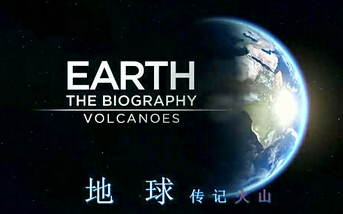1、transport
交通工具;運(yùn)輸工具
Have you got your own transport?
你有自己的交通工具嗎?
Which type of transport do you prefer?
你更喜歡哪種類型的代步工具?
交通運(yùn)輸系統(tǒng);公共交通(網(wǎng))
The extra money could be spent on improving public transport.
多余的資金可以用于改善公共交通系統(tǒng)。
The sudden onset of winter caused havoc with rail and air transport
冬天的突然降臨讓鐵路和航空運(yùn)輸系統(tǒng)陷入混亂。
運(yùn)輸;運(yùn)送
There's no petrol, so it's very difficult to transport goods.
沒(méi)有汽油,因此很難運(yùn)輸貨物。
They use tankers to transport the oil to Los Angeles.
他們用油輪把石油輸送到洛杉磯。
2、current
(河、湖或海的)水流,潮流
Under normal conditions, the ocean currents of the tropical Pacific travel from east to west.
在正常情況下,太平洋的熱帶洋流自東向西流。
The couple were swept away by the strong current.
這對(duì)夫妻被巨大的水流卷走了。
思潮;潮流;趨向
Each party represents a distinct current of thought.
每個(gè)黨派代表一種不同的思潮。
A strong current of nationalism runs through ideology and politics in the Arab world.
一股強(qiáng)烈的民族主義思潮涌入阿拉伯世界的思想體系和政治體系。
現(xiàn)時(shí)的;當(dāng)前的;進(jìn)行中的
The current situation is very different to that in 1990.
當(dāng)前的形勢(shì)與1990年截然不同。
He plans to repeal a number of current policies.
他計(jì)劃廢除一些當(dāng)前的政策。












